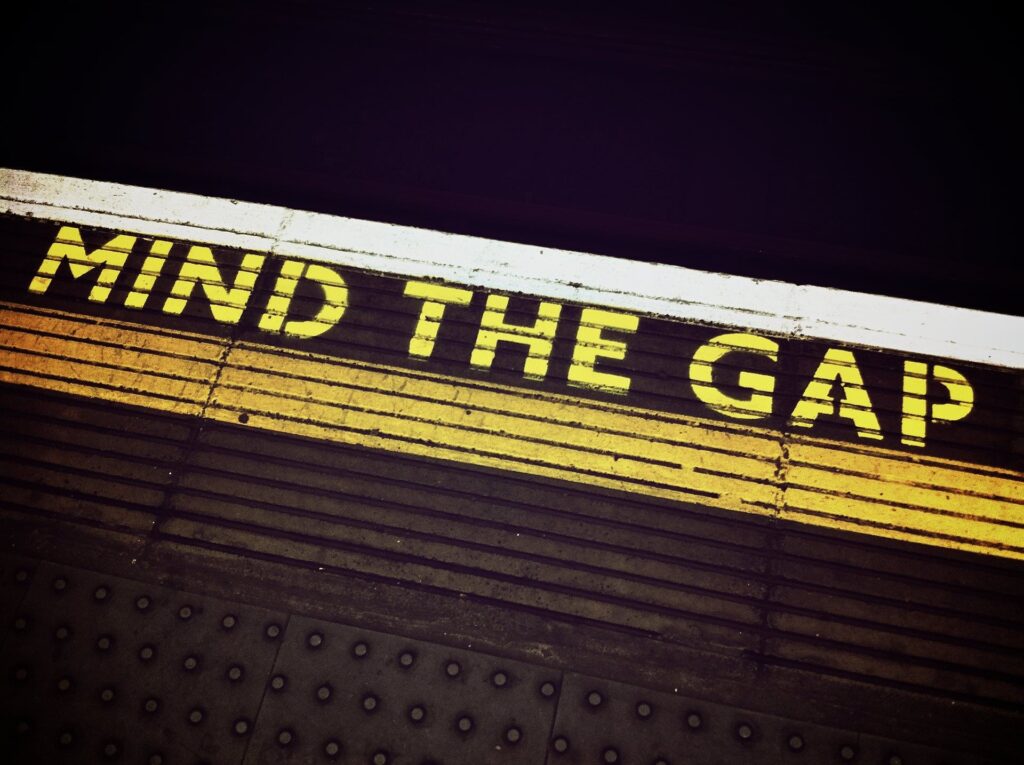Last year, the revelation that the top seven star salaries were men sparked an outcry about gender inequality – and, the latest figures do not seem to show much improvement.
While compulsory gender pay gap reporting was introduced for businesses with 250 or more employees as new this year, the BBC is no stranger to reporting on pay and disclosing salaries of over £150k, so the issue of gender segregation should be firmly on their agenda.
But, the latest reports coupled with some bad gender-related press over the past 12 months suggests that the issue is still very much a live one. The BBC insist it has made ‘huge efforts’ to reduce the pay gap, but what are they, asks our Employment lawyer, Alex Christen:
‘The BBC’s management report gives some information about what it intends to do to improve its gender pay gap which should not be ignored, but is it enough? It focuses largely on pay cuts for ‘on air’ staff, and reviewing pay structures, as well as referring to other more general initiatives such as equal representation on interview panels, training to remove unconscious bias, and improved shared parental pay. It is not clear if all of these objectives have achieved or whether the objectives they have put in place will realise their goal of a 50/50 gender split by 2020.’
‘We should also question whether this goal is the right way to go – or whether it would perceived as a case of achieving the numbers, without really addressing underlying gender pay issues. If the goal is hiring the best person for a job – and there’s no reason why that shouldn’t be a woman – perhaps more could be done on sourcing and coaching talented women who might otherwise go unnoticed. The BBC’s plan to improve its gender pay gap does seem to need more and it looks like it’s still got a long way to go.’
For more information on gender pay gap reporting, or if you have any questions, please get in touch.




